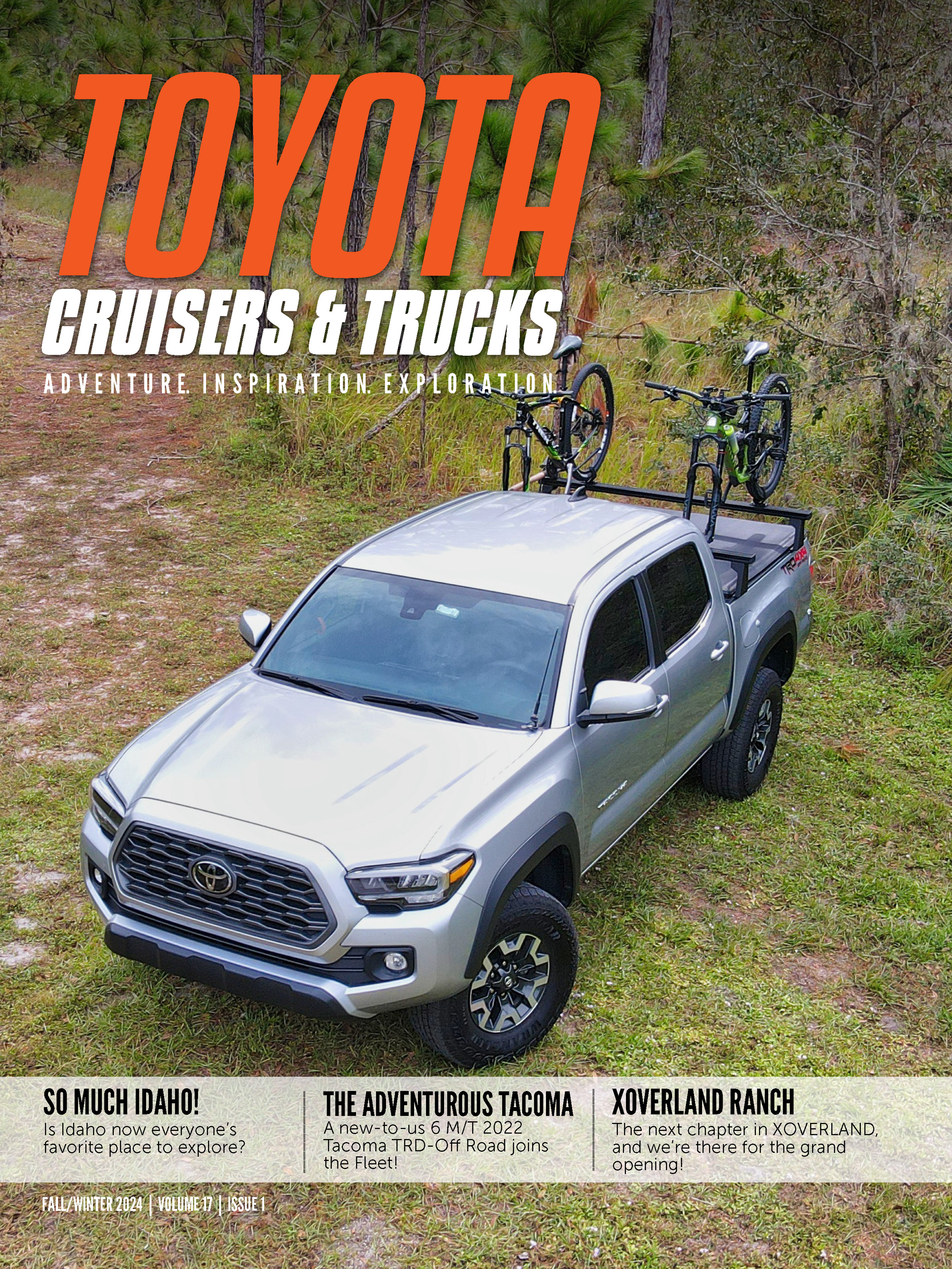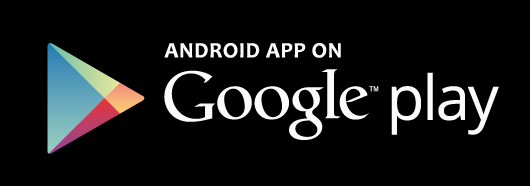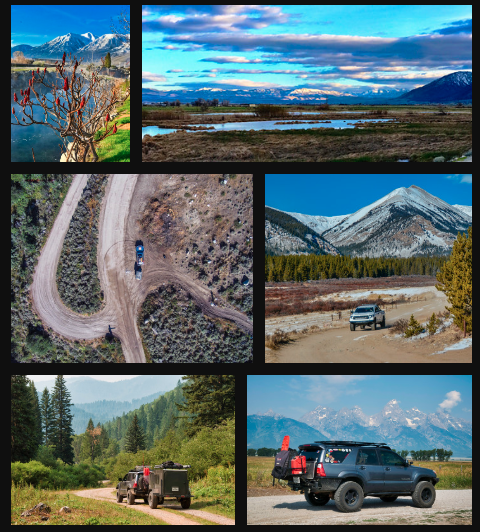#1 Go do something
Your money usually needs to come first, even if it is just taking something basic and going out. Create a blog or website to cover your trips. Practice writing, photography & video. Work on a proof of concept and audience building. Attend events and start to figure budgets, talk with companies as just a consumer & collect cards and faces.
#2 Figure out your range and abilities (distance & skills)
It's almost impossible to magically make it your full time job from day 1, so you need to know your free time, the events you can attend, and start to build your skill sets. Adventures rarely would be enough for most vendors, promotion at events (or attending to seek sponsors) is also a must. Another question: will you install & document parts or work with a shop?
 #3 Put together a custom proposal for each prospect and add each sponsor to the next proposal (create a train others want to ride)
#3 Put together a custom proposal for each prospect and add each sponsor to the next proposal (create a train others want to ride)Remember all those English classes you hated and those math classes full of stuff you thought was useless? Well guess what, now it is time to dust out that corner of your brain and get to work. Pretty pictures and a nice layout are important, but you are pitching to business people who have a limited amount of time & money and a magazine ad (your competition) is a no-brainer. Show them you are serious enough to know something about their product and make your proposal specific to them, if you can't put in that little bit of work how can they expect you to properly represent their products?
#4 Negotiate
Every deal is different and everyone has their sweet spot. Find the happy medium that allows you to avoid burnout but still gives them a solid return on their investment. Remember it is very important to ask about and listen for the things that have value to that company. Some want help moving into social media, others don't get it and want traditional brochures handed out.
Have tiers or levels of sponsorship so that a company can find what fits their budget and hopefully move up year after year. Have some special things like visiting their company during the annual picnic, hosting a “check it out” afternoon where employees can poke around your rig to see all the cool stuff.
#5 Do what you said you would
If you list events on your proposal, you are now obligated to be there. If you list trips you plan to make you better be out there. If you mention expected magazine articles or TV news coverage, your keyboard better be burning up and your voice should be pitching those stories. Otherwise not only are you killing yourself for the future, but you are seriously messing things up for the rest of us!
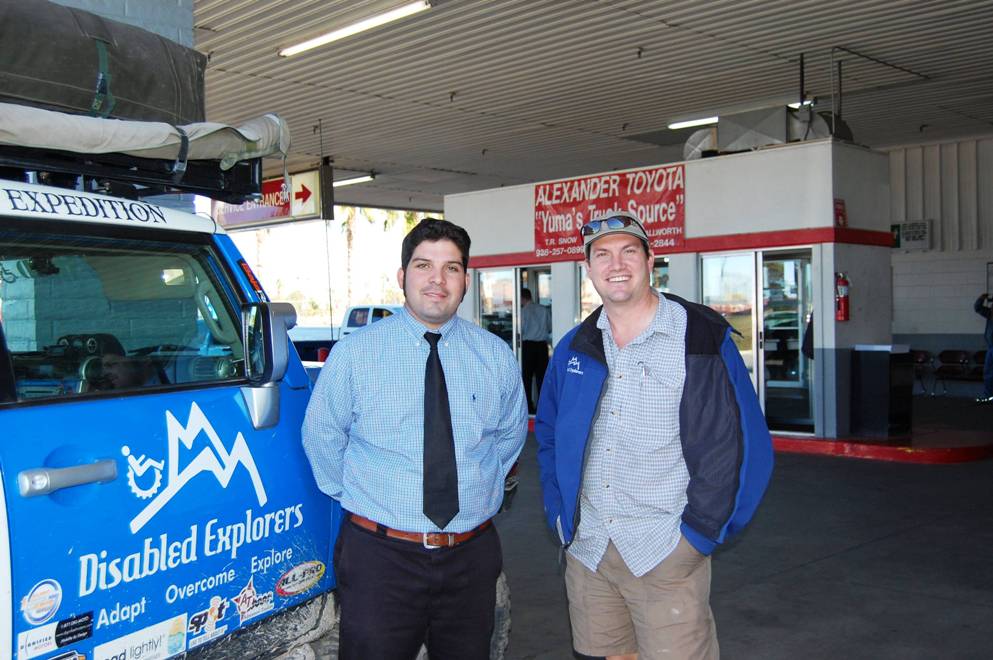 #6 Tell each partner what you did, what you are going to do and give honest feedback (yours and the people you encounter including price, perception, and product name)
#6 Tell each partner what you did, what you are going to do and give honest feedback (yours and the people you encounter including price, perception, and product name)This is a tough one for many folks, follow through makes a huge difference but is a lot of work. Sure you went to those events, sure you completed the Epic Trip but until you make the sponsor aware and understand the value you brought them, it was all for nothing.
Also keeping in touch on a quarterly basis will allow you to work together with your sponsor for events, tie into new marketing they might be doing and just keep your name familiar to them.
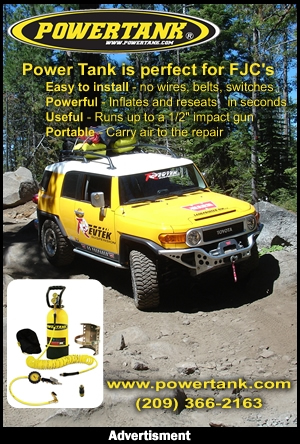 The toughest part though is providing that honest feedback that comes from your experiences or the comments that your received at events. In a perfect world your report would be “the axle worked perfectly and everyone we met loves Dynatrac”, however in the real world it might be “the tires have shown excellent tread life but we have noticed some side wall cuts after use in shale and at events customers have reported frequent puncture problems”. Of course this should be accompanied by “we would recommend additional ply's or a change in compound if XXXX has an opportunity to make product changes.”
The toughest part though is providing that honest feedback that comes from your experiences or the comments that your received at events. In a perfect world your report would be “the axle worked perfectly and everyone we met loves Dynatrac”, however in the real world it might be “the tires have shown excellent tread life but we have noticed some side wall cuts after use in shale and at events customers have reported frequent puncture problems”. Of course this should be accompanied by “we would recommend additional ply's or a change in compound if XXXX has an opportunity to make product changes.”#7 Renew your relationship or move on
As if it wasn't enough to get a company on board as a sponsor, the real work comes about in keeping them (and hopefully upgrading levels). It is much easier in the retail world to keep a customer than acquire new ones. However in the sponsorship world this often isn't the case. New products, other marketing venues, limited budgets, changing personnel, your follow through, there are an endless list of reasons why a company might not renew an agreement. It might even be that you have found a better product or an equal product from someone offering a better deal.
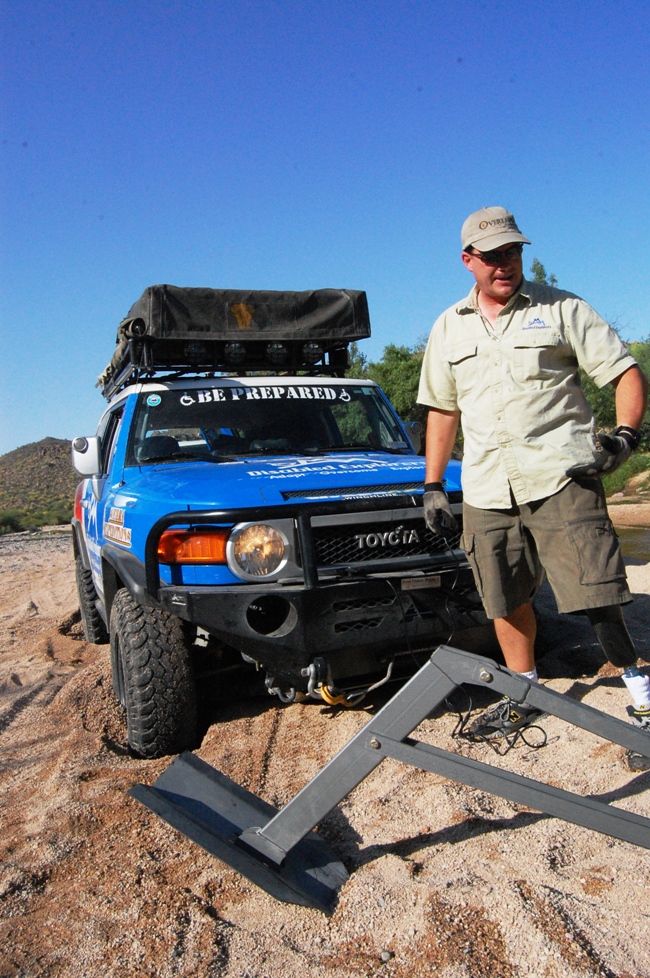 The key is to realize when you are beating a dead horse and move on in a way that keeps a relationship positive and something that can be renewed later.
The key is to realize when you are beating a dead horse and move on in a way that keeps a relationship positive and something that can be renewed later.I have saved the two most important pieces of advice for the end as your reward for making it this far.
First, always remember the companies who were first to believe in you, always give them more than they pay for and always treat them the best. Maybe they are small or maybe they aren't pitching in the most money now, but there was a time when they gave you a chance and you should never forget that. Second is that most companies fail to maximize on their sponsorship dollars, if you can become a marketing partner and supply them with high resolution pictures for ads, get a TV crew to come to the factory, make sure your testimonials are in the brochures and make sure they are getting a great return on the investment then the odds are you will be very successful.
Lance Blair is an overlanding enthusiast, expedition leader, and Tread Lightly trainer. He’s also the founder of Disabled Explorers, a non-profit group dedicated to helping mobility impaired outdoor enthusiasts gain access to the backcountry. He’s a regular contributor to FJCruiserForums.com, the Expedition Portal, and of course FJC Magazine. Lance can be contacted through the Disabled Explorers website.
Free Subscription!
{jform=6}

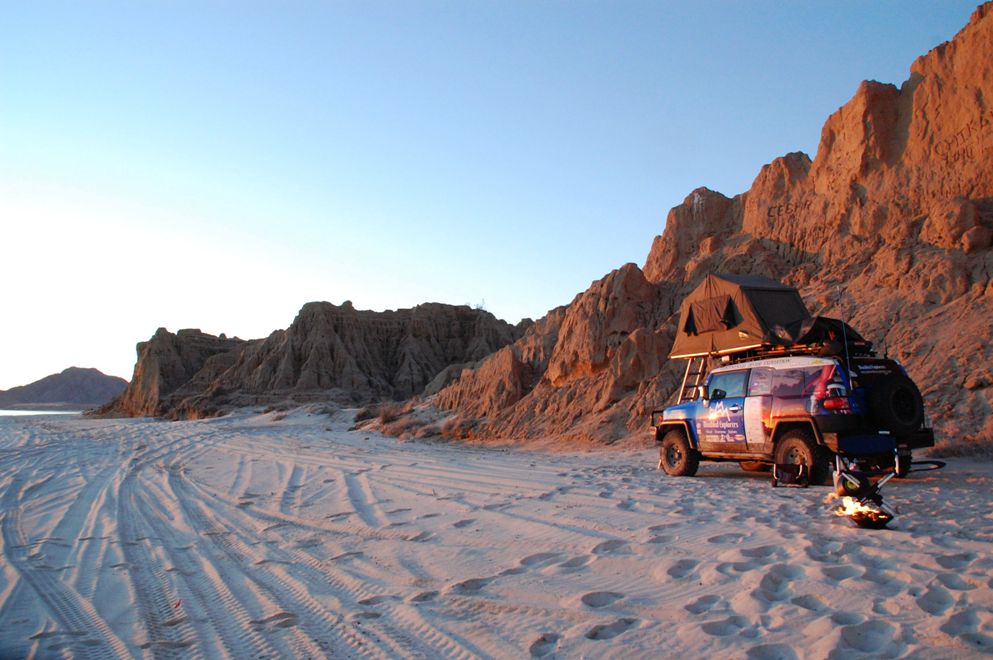 We all have that image of a dream rig covered in stickers, out on some epic adventure, writing our magazine articles or filming our TV show and not a penny came out of our pockets. Or maybe you have heard one of the thousands of people say something like “well I hit tons of trails and do cool stuff, company X should give me some gear”. Well what if I told you that hour for hour you will work harder when sponsored than if you just paid for things yourself? Follow along and you will see why.
We all have that image of a dream rig covered in stickers, out on some epic adventure, writing our magazine articles or filming our TV show and not a penny came out of our pockets. Or maybe you have heard one of the thousands of people say something like “well I hit tons of trails and do cool stuff, company X should give me some gear”. Well what if I told you that hour for hour you will work harder when sponsored than if you just paid for things yourself? Follow along and you will see why.


